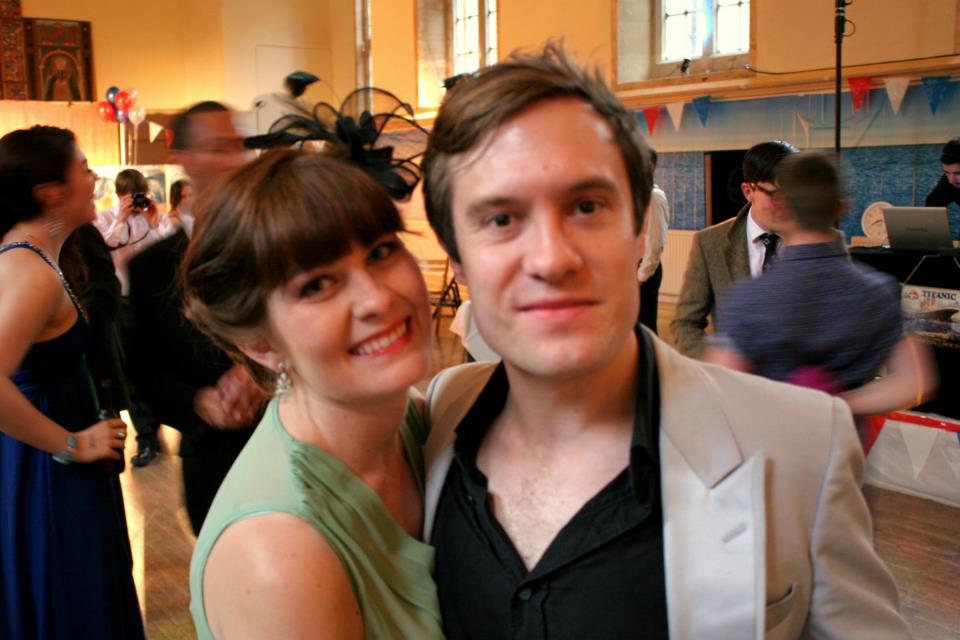The first installation in my “Women who Inspire Me” series, Joan Didion was also a writer. If you’d like to catch up on that first post, you can find it here. So today, somewhat thematically, I’m going to stick to my writers.
Sylvia Plath
It’s hard to quantify how much Sylvia Plath has meant to me. I read The Bell Jar at an impressionable age when I was also struggling with my mental health. “I took a deep breath and listened to the old bray of my heart: I am, I am, I am” was one of my dearest quotes for the longest time.
Plath has become totemic of female anguish (especially 20th century female emotions) but she’s so much more than that and it’s reductive to her work to narrow it down and relegate it to “emo teen girls reads”. And for the most part, there’s nothing wrong with it. Young women are in need of adolescent literary guides. Teenage boys have a plethora to chose from. In fact, I’m not sure that I went to school with anyone who hadn’t read (or was made to read) “Catcher in the Rye”. Fitzgerald, Hemmingway, Salinger: we are all inundated in schools with stories of males struggling with their idea of “manhood”, yet we somewhat trivialise the fact that teenage girls need Plath because there’s a dearth of concise voices that speak to young females. It’s a rite of passage novel for most girls.
That could be a whole post really, so I shan’t continue it today but I can point you towards an article “In Defence of Chick Lit” that touches on a few of the same points.
Sadly, Plath is almost more famous for her suicide aged 30 than for her sharp, exquisite, minimal collection of work. We as a public get fixated on the tragic young woman side of her personality whilst sometimes failing to acknowledge that she was keenly intelligent: a Fulbright scholar with a clear and audacious authenticity. She was constantly railing against the constraints that society placed on women. And her writing about mental health in The Bell Jar tackles the subject with an honesty and vividness that few other authors dared to do.
I won poetry awards throughout university, and even managed to be properly published a few times (it’s actually where the “rhyme” from “Rhyme & Ribbons” comes in). Plath’s poetry always served as an inspiration to my own work. I firmly believe that no one can read “Daddy” or “Lady Lazarus” without getting chills. (What woman can help but love the way Plath deftly turns the male gaze on itself. The woman formerly consumed by it becomes the consumer as she warns: “Out of the ash/I rise with my red hair/And I eat men like air.”)
I admire her dynamic voice and powerful writing. I think one of the interesting things about Plath is that she also believed in her work. (She wrote to her mother about Ariel that it will “make my name.”) And if you ever come across any BBC recordings of her, her takes on Britain as an American expat are sharp and hilarious.
Plath had long been my touchstone as a female writer. I find it hard to measure the impact of her work on me. When I visited Heptonstall, just above Hebden Bridge, I made the point of visiting St Thomas’ Church, where Plath is buried. (And cried – quite predictably).
I’ve mentioned it before but I try to live by her quote “Let me live, love and say it well in good sentences.”
Recommended reading (besidesThe Bell Jar):
Ariel (posthumous)
The Colossus
The Collected Poems
The Unabridged Journals of Sylvia Plath
Pain, Parties, Work by Elizabeth Winder (illustrating how difficult it was for Plath to be taken seriously as a writer)
Wintering by Kate Moses
Birthday Letters by Ted Hughes
The Silent Woman by Janet Malcolm
Read similar posts:
Women Who Inspire Me #1: Joan Didion
A Christmas Gift Guide for Your Favourite Feminist




